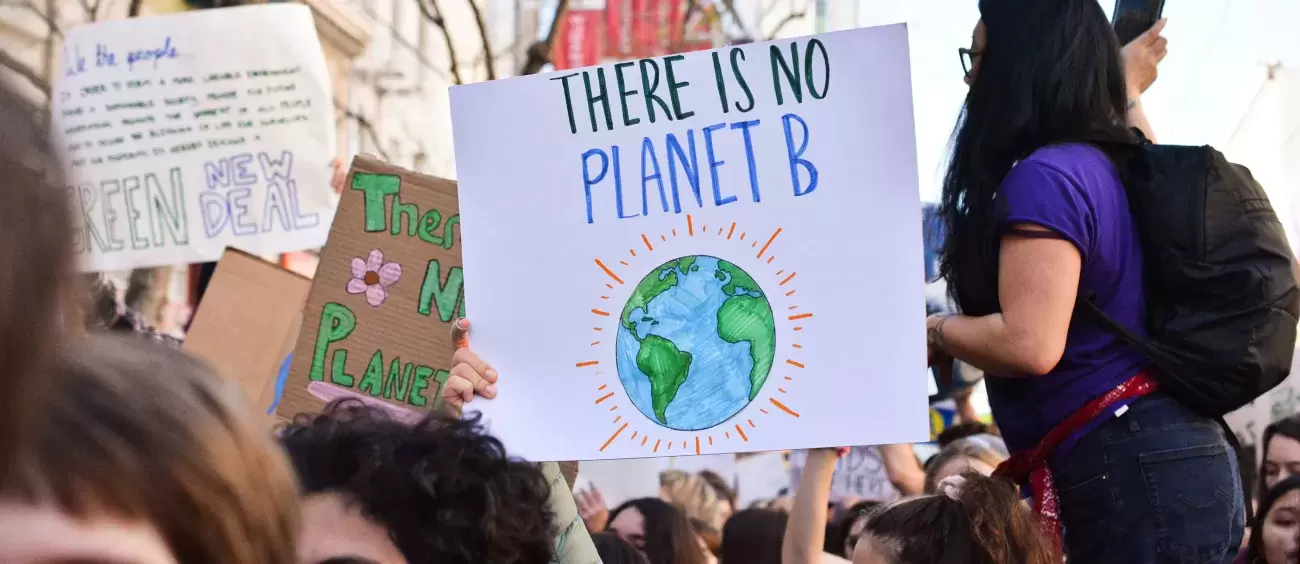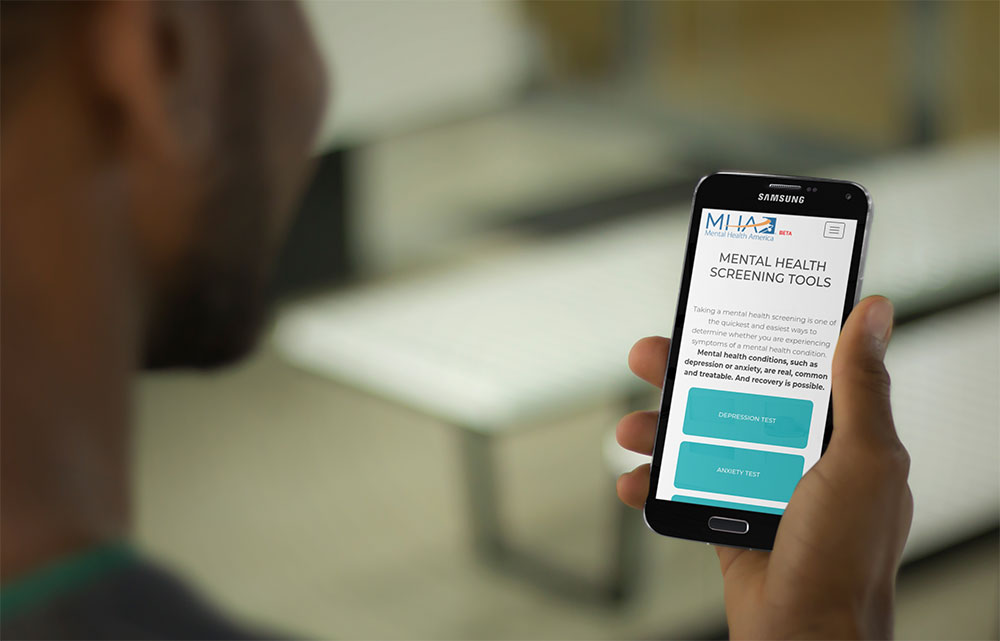Coping with Climate Anxiety

We can see the effects of climate change on our daily lives. Our summers are becoming longer and hotter, while winters are becoming shorter and warmer. Climate change has also caused heat waves, floods, wildfires and other extreme weather events to happen more often and more intensely. It is no wonder that many people in today’s society are experiencing climate anxiety–ongoing feelings of fear about the negative impact of climate change–also known as “eco-anxiety,” “eco-grief,” or “climate doom.”
Climate anxiety: Signs and symptoms
Physical symptoms
- Fatigue
- Headaches
- Insomnia
- Loss of appetite
Emotional symptoms
- Panic attacks
- Constant worrying
- Irritability
- Depression
- Self-isolating
- Lack of motivation
Climate change and mental health
There are many connections between mental health and climate change.
People may feel as though there is nothing they can do to reverse the effects of climate change. This can lead to feelings of helplessness, despair, and impending doom. People who live through extreme weather events may also experience feelings of helplessness as they try to recover. Studies show that people who live through a natural disaster are more likely to experience mental health conditions like PTSD, depression, anxiety, and substance use disorder.
Higher temperatures can lead to more violence and conflict. When people get uncomfortably hot, they are more likely to feel irritable and agitated. Studies have also shown that domestic violence is more prevalent after an extreme weather event. This increase in aggressive behavior can put stress on individuals and communities.
People preparing for a natural disaster may have feelings of uncertainty if they are unsure of how severe the storm will be or what they will do if they lose their home. This uncertainty impacts the mental health of some communities more than others. Communities that have been traditionally marginalized may be less likely to have the resources to find new housing or a new job if they are displaced.
Strategies for coping and building resilience
Climate anxiety can make it challenging to manage everyday life. Here are some strategies that can help you support yourself.
Limit exposure to distressing news and social media. While it is natural to want to stay informed, too much news and social media consumption can leave you feeling more anxious about climate change. Find ways to set boundaries with your tech use, such as setting a timer on your phone for 30 minutes while you read or watch the news. When the timer goes off, you can put your phone away and choose to do an activity you enjoy to decompress.
Engage in self-care practices that bring you joy, such as exercising, mindfulness, or connecting with nature. Taking good care of yourself can make it easier to stay positive. Practicing self-compassion and validating your own feelings are also helpful self-care practices. One way you can do this is through affirmations, such as: “It makes sense that I feel stressed about climate change” and “There are small things I can do everyday to make an impact.”
Seek support from friends, family, or mental health professionals. You do not have to deal with climate anxiety alone. It is okay to tell the people in your life that you’ve been having a hard time. Opening up about your mental health challenges can make you feel lighter and less isolated. Your conversations may even motivate people you know to take action or to form a group that takes action together.
Staying focused on what you are able to control can reduce feelings of helplessness when thinking about climate change. Some direct actions you could take as an individual are: being more mindful about your energy use, using more eco-friendly transportation options, or writing to your legislators to encourage them to make change.
Building community focused on environmental causes is a powerful way to cultivate resilience. Join a support group, spiritual community or advocacy organization to find like-minded peers and work on an issue you care about. This can help you feel less alone and find a sense of purpose, both of which can improve your mental health.
Additional resources for climate change anxiety
Dealing with the worst case scenario
Looking for good: Finding positives in a bad situation
Additional reading
If you’ve tried some of the things listed above, but still find yourself struggling with climate anxiety, you might be showing the early warning signs of a mental health or substance use condition.
Visit mhascreening.org to take an anonymous, free, and private mental health test. It only takes a few minutes, and after you are finished you will be given information about next steps you can take based on the results.
If you or someone you know is struggling or in crisis, help is available. Call or text 988 or chat 988lifeline.org. You can also reach Crisis Text Line by texting HELLO to 741741.


